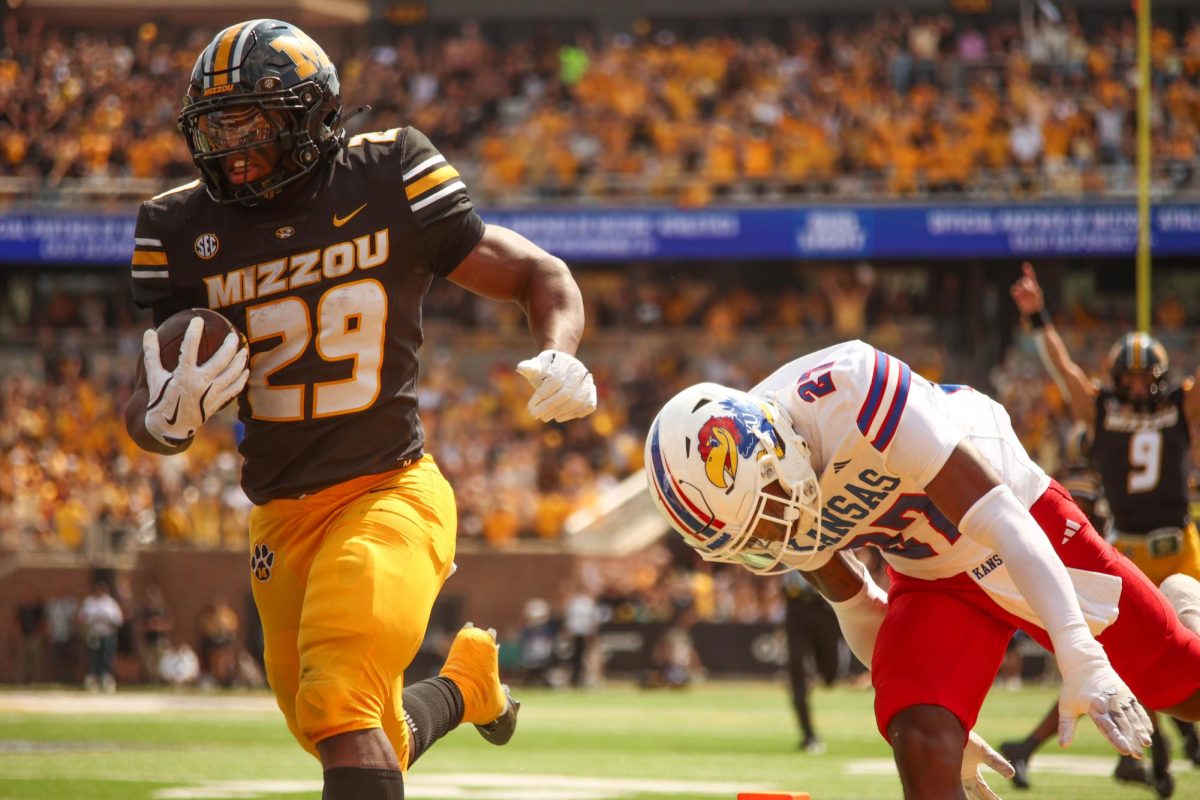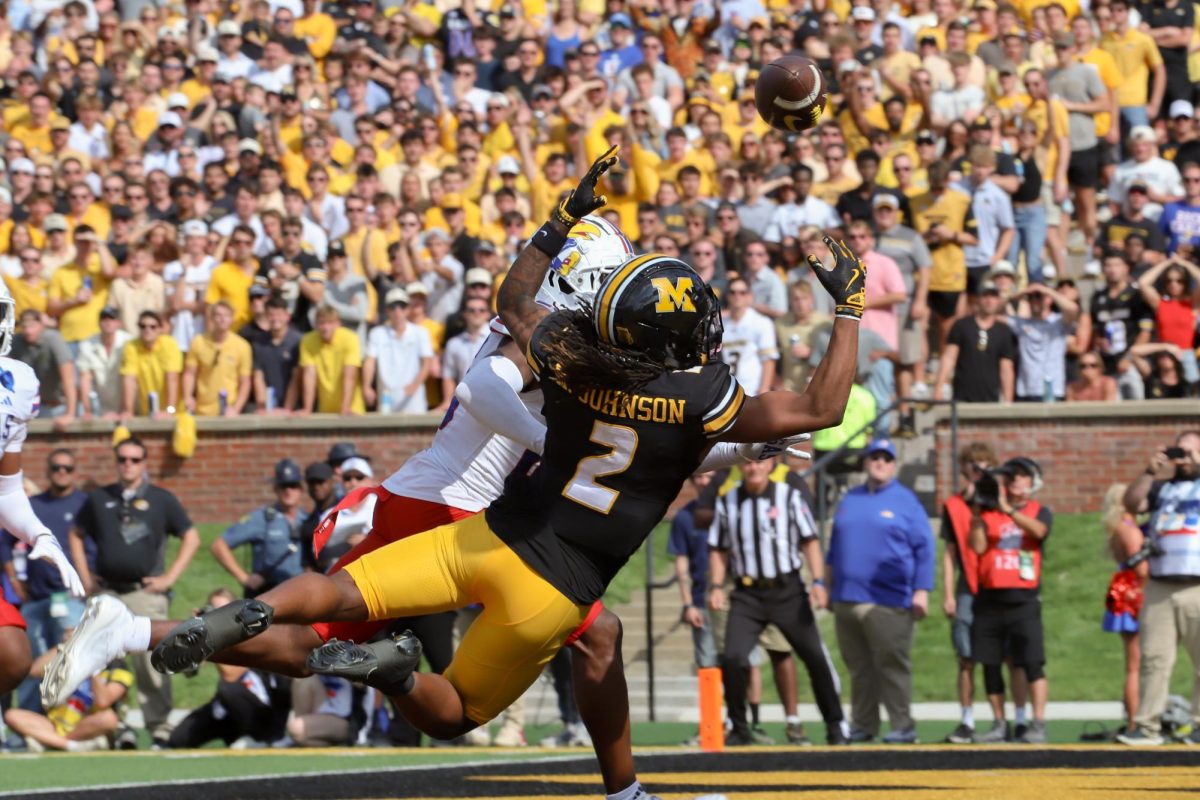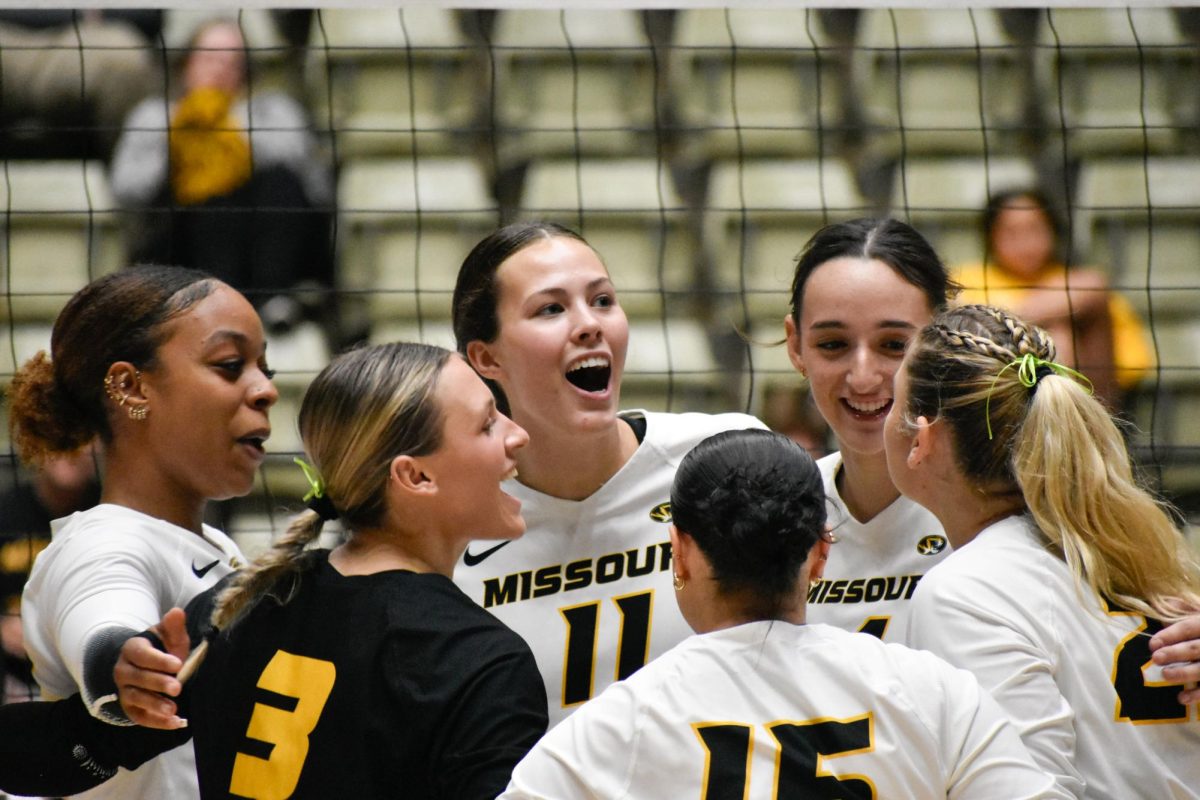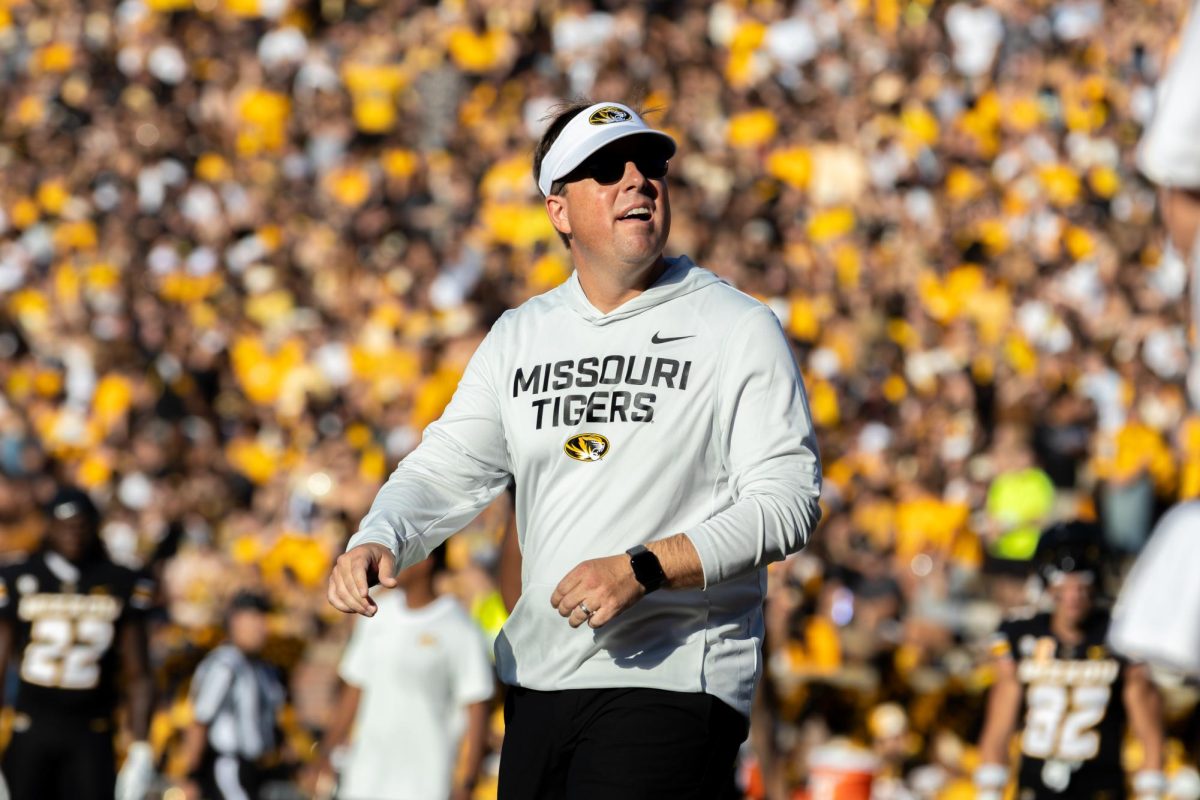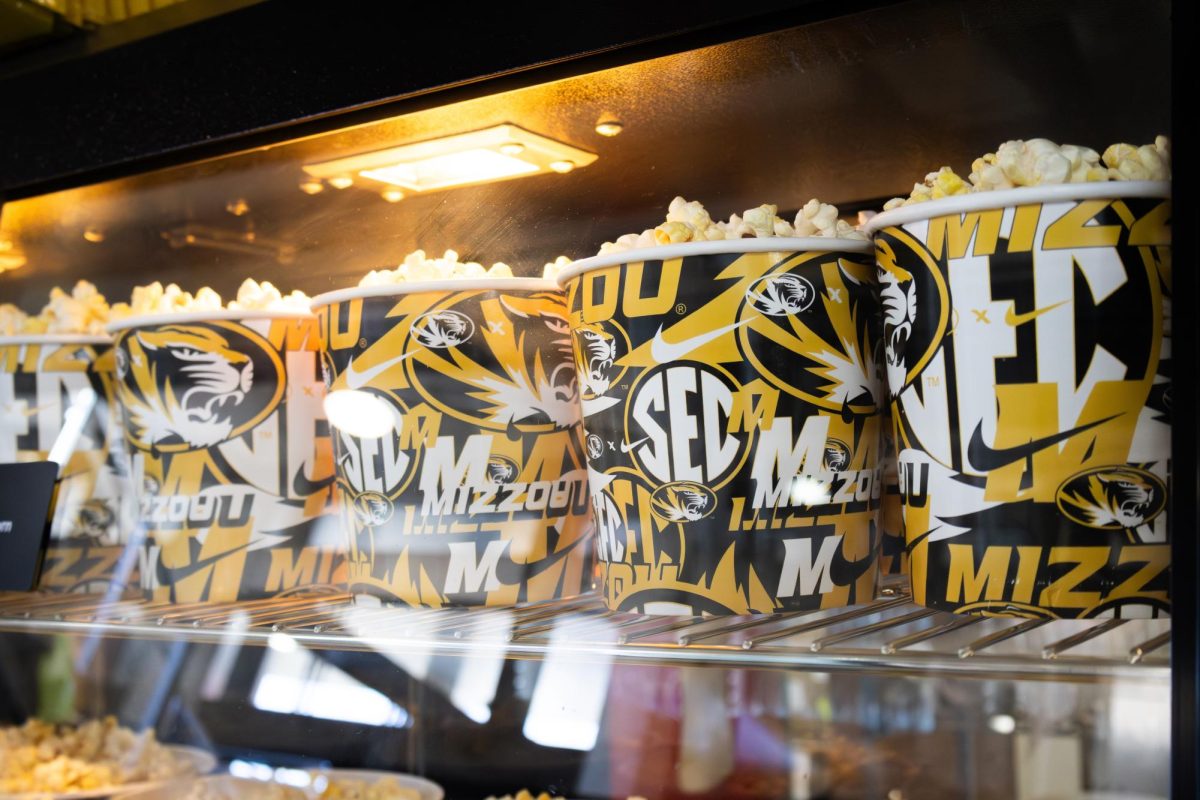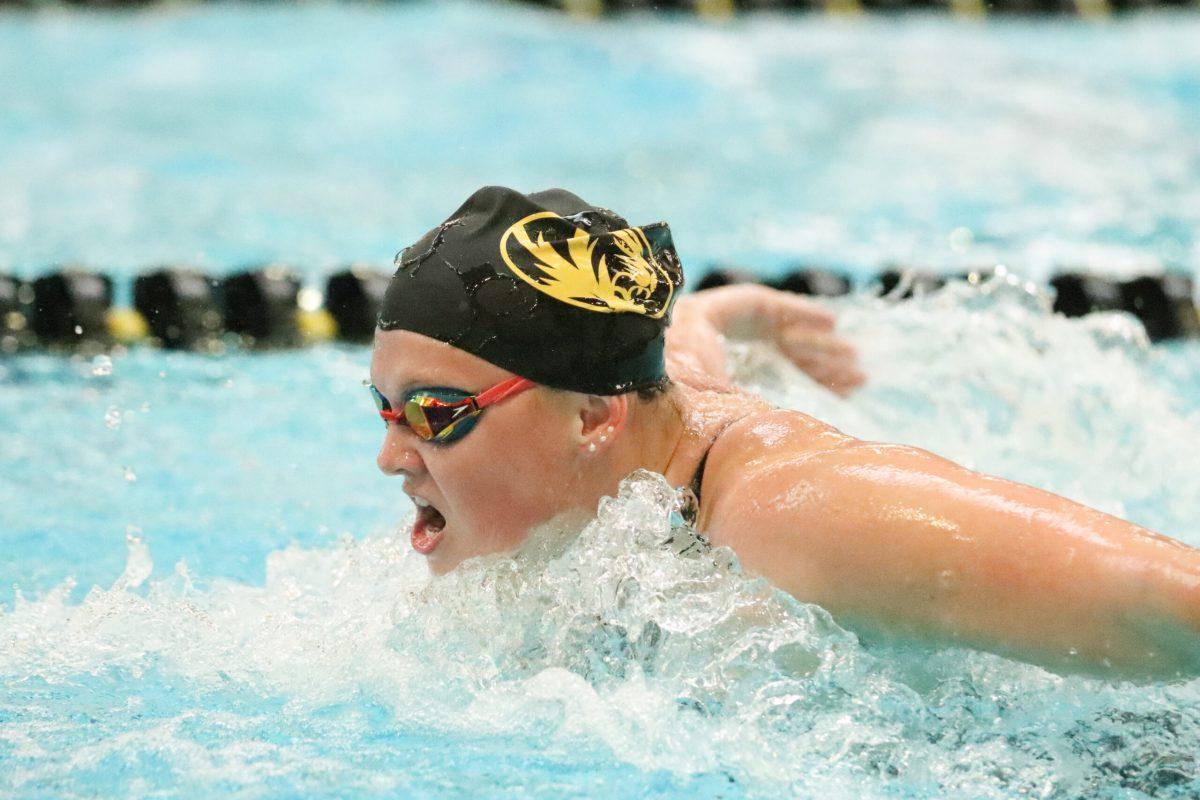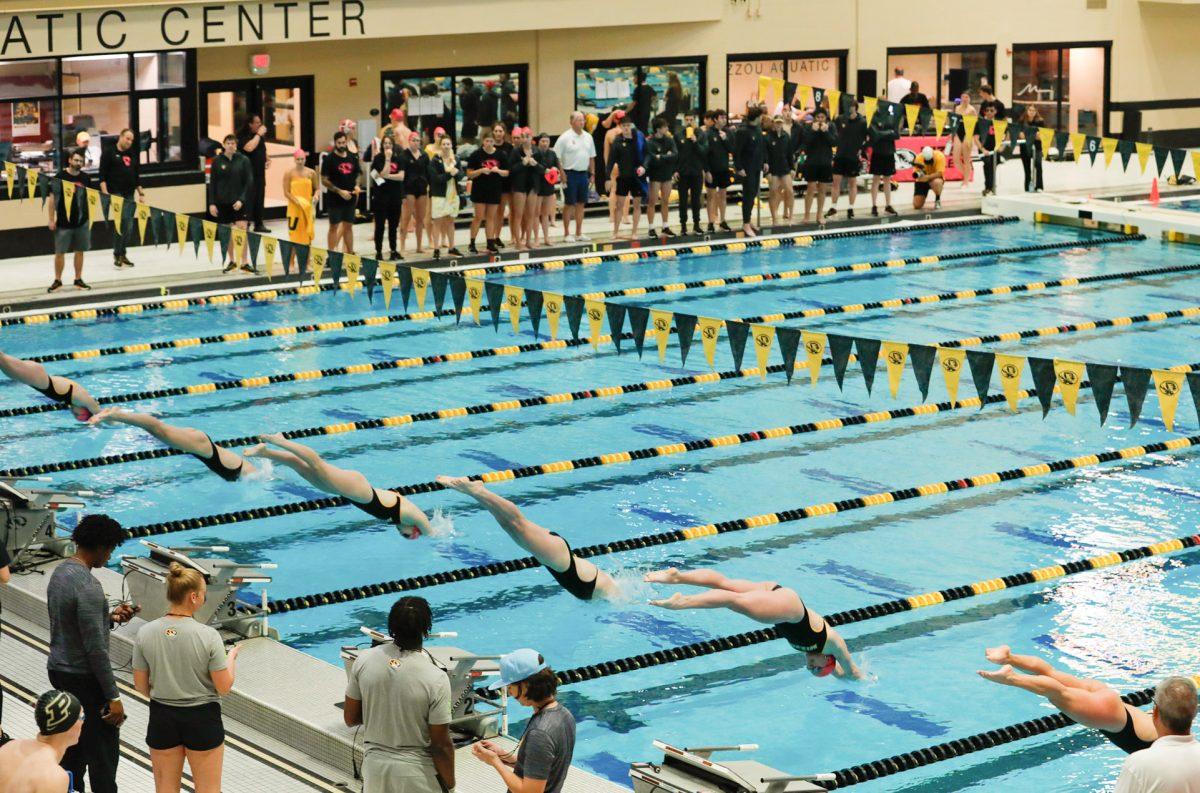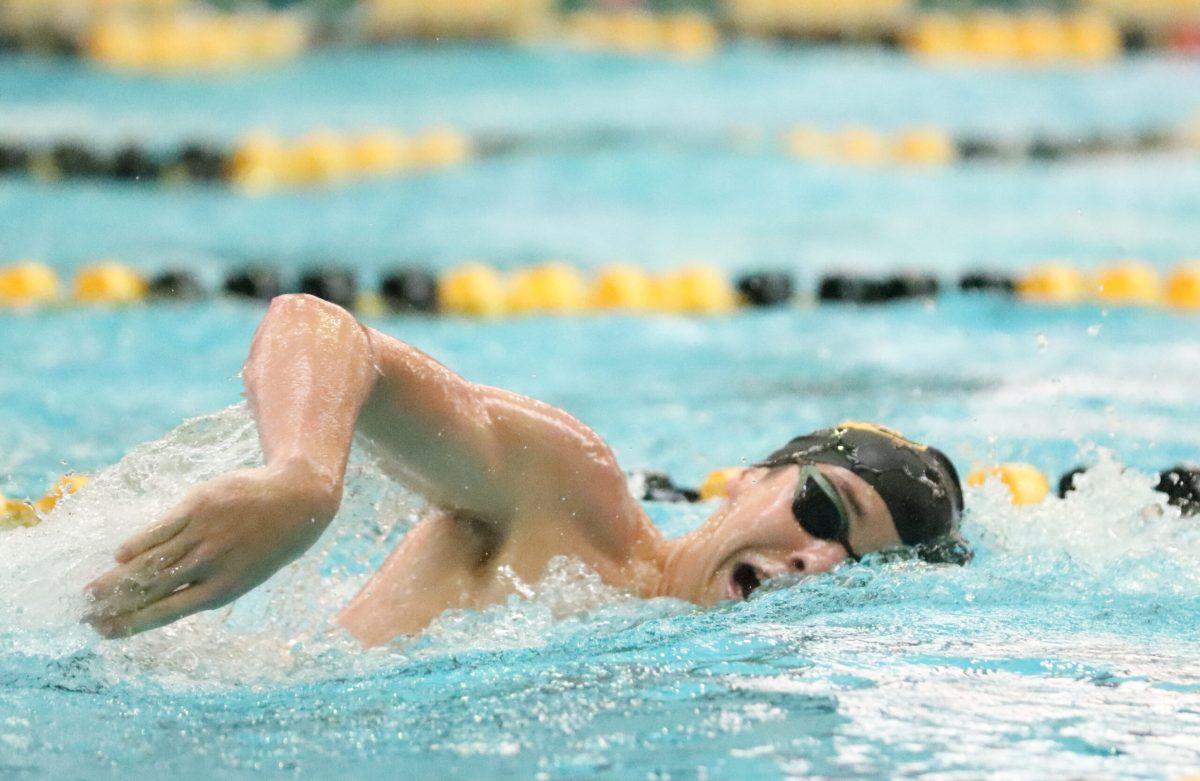Every member of MU’s swimming and diving team practices together. They watch each other race, lift weights and even go running together, pushing each other to the extreme day in and day out.
Watching through the glass windows of the Student Recreation Complex, one would see the team performing each task as a single, cohesive unit. As an outsider looking in, most people would not recognize the underlying diversity that lies within such a driven team.
Missouri has become the latest beneficiary in a trend that has been slowly overtaking the country: foreign athletes coming to the United States for their training.
“A lot of foreigners want to come over here and train,” MU men’s swimming coach Greg Rhodenbaugh said. “When you look at the Olympics, in the top 16 at the Olympics, probably three-quarters of them came to the United States, and that’s where they got their training. It’s amazing.”
The Tigers boast a total of eight foreign swimmers, five of which reside on the men’s side. Rhodenbaugh said the impact they have had on the team’s overall success has been tremendous, putting the team in contention with larger swimming schools such as Texas and Texas A&M.
Individually, the foreign athletes themselves are reaping the benefits of training abroad in the U.S. Last year, English sophomore Mark Conroy wound up being the fastest breaststroke swimmer on the team, and Israeli senior Yaniv Schnaider was just off making the cut for the NCAA Championships. Lithuanian freshman Igor Kozlovskij compounded on such successes this season, setting the school record in the 100-yard breaststroke.
The swimmers attribute the mutual improvement to the intensity of the practice philosophy they have found in the U.S.
“There’s a lot more focus on, as well as being a swimmer, being an athlete,” Conroy said. “We jump rope, we run and we do a lot of lifting weights. Then when we get into the pool we work on a lot of power. There’s a lot more power drills here than I have ever done before.”
Schnaider said the practices are also more specialized here, in order to tailor to individual swimmers’ strengths and weaknesses.
“The way we train here, especially the last few years, has been way different from anything I’ve ever done,” he said. “I’m used to just mindless swimming back and forth. Once (Rhodenbaugh) came, it became much more specific, more what I’m specialized in, and it’s helped.”
This specialization was a major reason why Kozlovskij wound up wearing the MU logo on his suit. As an accomplished breaststroke swimmer, he was looking for a team that could help him with his area of expertise.
“I was searching for a team full of breaststrokers and IMers,” Kozlovskij said. “When I saw the roster that Mizzou had, and especially when I saw that coach Rhodenbaugh was here, I knew I had to come here. Racing all these guys in practice everyday has been much better than training alone back home.”
The one undeniable trait that every foreign swimmer has in common is a sense of appreciation, Rhodenbaugh said.
Rhodenbaugh said he feels swimming in the U.S., and at MU in particular, presents an incredible opportunity to aspiring athletes, and it’s one they all intend to take full advantage of.


